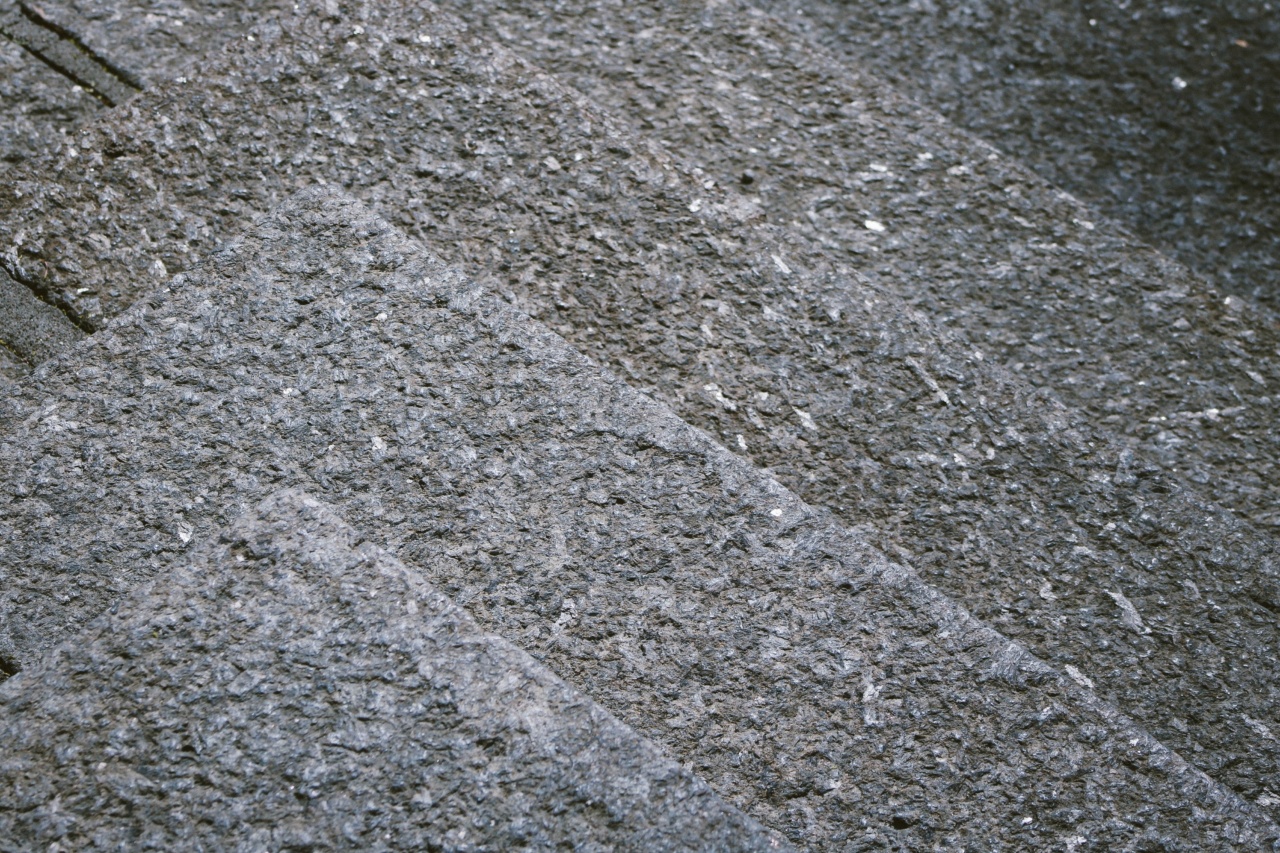Belly bloat can be uncomfortable and unsightly, but the good news is that it can often be banished with just a few simple steps.
Whether you’re looking to fit into your favorite pair of jeans or just feel more confident and comfortable in your own skin, these three steps can help you reduce belly bloat and get back to feeling your best.
Step 1: Reduce Sodium Intake
One of the main causes of belly bloat is excess water retention, often due to a high intake of sodium. Sodium can cause the body to retain water, leading to bloating and discomfort. To banish belly bloat, it’s important to reduce your sodium intake.
Start by reading food labels and choosing low-sodium or sodium-free options whenever possible. Avoid adding additional salt to your meals and instead, opt for herbs and spices to add flavor. Additionally, drinking plenty of water can help flush out excess sodium from your system.
Step 2: Increase Fiber Intake
A lack of fiber can contribute to digestive issues and bloating. To banish belly bloat, aim to increase your daily fiber intake. Fiber helps regulate digestion and keeps things moving smoothly through your system, preventing bloating and discomfort.
Include fiber-rich foods in your diet such as fruits, vegetables, whole grains, and legumes. These foods not only help reduce bloating but also provide important nutrients for overall health and well-being.
Step 3: Practice Mindful Eating
Eating too quickly or on-the-go can lead to swallowing excess air, which can cause bloating. To banish belly bloat, it’s important to practice mindful eating.
Slow down and chew your food thoroughly, allowing your body to properly process and digest. Avoid eating while distracted, as this can lead to overeating and poor digestion. By practicing mindful eating, you can reduce bloating and promote better digestion.
Additional Tips for Banishing Belly Bloat
In addition to the three simple steps mentioned above, here are some additional tips to help banish belly bloat:.
1. Stay Hydrated
Drinking plenty of water helps keep your digestive system running smoothly and can reduce bloating. Aim to drink at least 8 glasses of water a day.
2. Avoid Carbonated Drinks
Carbonated beverages can cause gas to accumulate in your stomach, leading to bloating. Opt for still water or herbal tea instead.
3. Limit Gas-Producing Foods
Some foods are known to produce excess gas in the digestive system, leading to bloating. These include beans, lentils, broccoli, cabbage, onions, and carbonated drinks. Limit your intake of these foods if you experience frequent bloating.
4. Get Moving
Regular exercise can help stimulate digestion and reduce bloating. Engage in activities that get your body moving, such as walking, jogging, or yoga.
5. Manage Stress
Stress can disrupt digestion and contribute to bloating. Find healthy ways to manage stress such as practicing relaxation techniques, yoga, or engaging in hobbies you enjoy.
6. Incorporate Probiotics
Probiotics are beneficial bacteria that can help improve gut health and digestion. Incorporate probiotic-rich foods into your diet such as yogurt, kefir, sauerkraut, or take a daily probiotic supplement.
7. Limit Artificial Sweeteners
Artificial sweeteners, such as those found in diet sodas or sugar-free gum, can cause bloating and digestive issues in some individuals. Limit your intake of these sweeteners and opt for natural alternatives like honey or stevia instead.
8. Monitor Food Triggers
Keep track of which foods may be causing you to bloat. Common triggers include gluten, lactose, and certain FODMAPs (fermentable oligosaccharides, disaccharides, monosaccharides, and polyols).
If you suspect a specific food may be causing your belly bloat, try eliminating it from your diet and see if your symptoms improve.
9. Practice Portion Control
Eating large meals can put extra strain on your digestive system and contribute to bloating. Practice portion control by eating smaller, more frequent meals throughout the day.
10. Consult a Healthcare Professional
If you are experiencing chronic or severe bloating, it’s important to consult a healthcare professional. They can help identify underlying causes and suggest personalized strategies for banishing belly bloat.
Conclusion
Banishing belly bloat doesn’t have to be complicated.
By following these three simple steps – reducing sodium intake, increasing fiber intake, and practicing mindful eating – you can say goodbye to belly bloat and hello to a flatter, more comfortable tummy. Incorporating additional tips such as staying hydrated, avoiding carbonated drinks, and managing stress can further support your efforts.
Remember, everyone’s body is unique, so it’s important to listen to your own needs and consult a healthcare professional if necessary. Here’s to a happier, healthier belly!.































